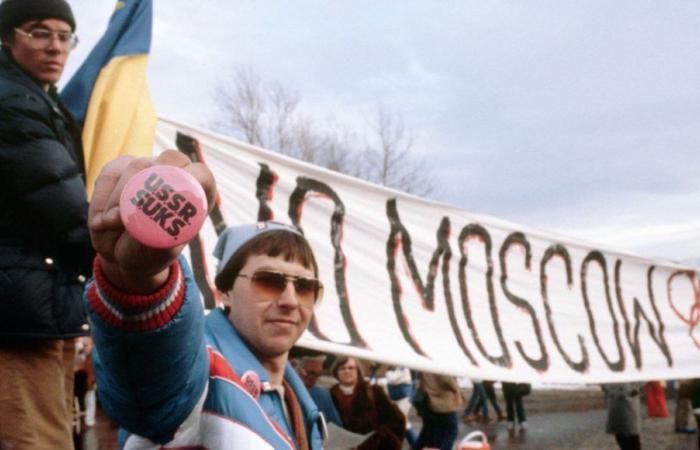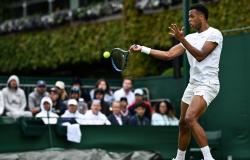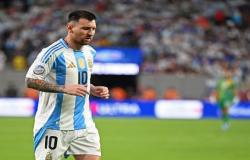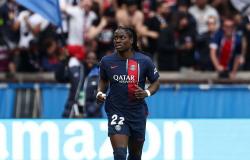The Munich Olympics in 1972, which wanted to make Berlin forget, 1936 marked the end of the innocence of the great sports fair: 11 Israeli athletes were killed by a Palestinian commando. The war has fully entered the stadium. Now, the Olympic Village is a fortress worthy of Fort Knox. Geopolitics is in the stadium, historian Eric Monnin, recalls: “67 nations will boycott the Moscow Games to express their disagreement against the Russian ogre as he was then called. There are nations that have boycotted and others that have chosen another type of boycott like France. France made the choice to go to Moscow, but it chose not to march in the Moscow stadium to show its support for the geopolitics in which we were at that time.”. The boycott of the Americans in Moscow in 1980 was followed by that of the Russians in Los Angeles in 1984. Boycotts that the journalist Benoit Heimermann judges harshly: “Boycotting is never a good solution, that’s for sure, history has proven it”.
Fifteen years later, notably when Putin came to power, it is sport power that allows Russia to exist on the international scene. The storytelling is effective: patriotism, the grandeur of the territory, the physical strength of the Russian leader. The other side of the coin is the institutionalization of state doping. The conflict with Ukraine has seriously soured relations with the IOC for two years. At the Paris 2024 Olympic Games, Russian and Belarusian competitors – when they are not banned in certain disciplines – will be deprived of the anthem and the opening ceremony. What will be the attitude of the master of the Kremlin in the face of this situation?
A documentary of Michel Pomarèdedirected by Yvon Croizier.
With :
Eric MonninVice-President of the University of Franche-Comté, Director of the Center for University Olympic Studies and Research (CEROU),
Lukas Aubinresearch director at IRIS, in charge of the Sport and Geopolitics Program, author with Jean-Baptiste Guégan of “The War of Sport” at Taillandier,
Pascal Charitaslecturer at the UFR STAPS of the University of Paris Nanterre,
Patrick Clastrescultural and political historian, professor at the Faculty of Social and Political Sciences at the University of Lausanne,
Michael Rousseauformer swimmer and three-time Olympian (Mexico Olympics 1968, Munich 1972 and Montreal 1976
Benoit Heimermannjournalist and editor, coordinator of the book “I remember the stride of Pérec and other sports madeleines” at Seuil.
Sound recording : Cédric Chatelus
INA Research : Denis Forget






